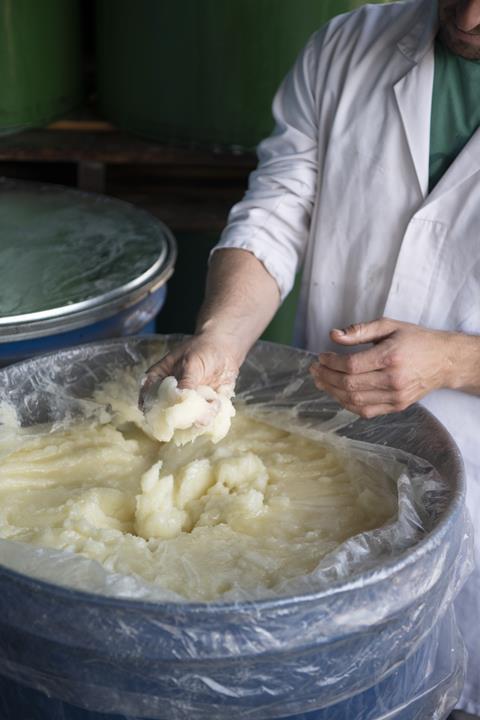New plant in Kwa Zulu Natal finds innovative ways of using waste generated from the refining operation
The Westfalia Fruit Group has unveiled three innovative environmental and social projects at its fruit processing plant in South Africa’s Kwa Zulu Natal province to enhance its sustainability efforts and help local communities.

The plant refines avocado oil for a wide variety of uses, from cooking to cosmetics. It is part of the company’s efforts to develop innovative ways to reduce the three separate types of waste generated in the refining operation: soap stock, spent bleach earth and avocado wax.
Soap stock is a waste product from the refining neutralisation process, consisting mainly of free fatty acids, glycerides, glycerophospholipids and water.
This product is recycled into soaps and recently, Westfalia and the company that purchases the soap stock, have partnered with a social enterprise that has established a unique project.
“A local South African NGO called PEN has started to make washing powder and bathing soap from this product,” said Petrus van Eeden, oil operations manager and technical support for new business development at Westfalia Fruit.
“In addition to recycling the soap stock, the project is supporting homeless people living in shelters, which enables these communities to generate additional income from selling the soap and learn important business skills and break the cycle of poverty at the same time.
“One success story from this project is a person currently living in the shelter who is using these funds to support himself while he is completing his Law degree.”
Another by-product of refining is avocado wax, which is removed from the oil during winterisation, a process in which the oil is cooled, in order for the wax to solidify. After removal, the wax is used in the manufacturing of biofuels for boilers and burners to generate energy, instead of ending up in landfill.
Finally, spent bleach earth, a combination of natural dolomite clay, activated carbon and diatomaceous earth, is used to remove colour from the oil in a bleaching process. The solid waste from the process can be composted and it also contains excess oil which can be extracted as wax and, in turn, made into a biofuel.
These projects are helping to avoid 70 tonnes of landfill each year as well as Westfalia transitions towards a more circular economy.
“Sustainability is one of our core company values and we are always looking for ways to improve our processes,” said Paulina Theologou-Criticos, CEO EMEA region.
“These projects have helped us to become more sustainable by reducing the waste we produce; they have social benefits, and we are saving costs in the process.”
Van Eeden explained: “In cases of severe drought, such as we’ve seen in South Africa in the last few years, we have been reminded of how fragile our environment is and that we need to find more sustainable ways of doing things. I feel good that Westfalia is contributing to a better future for people and the planet.”



